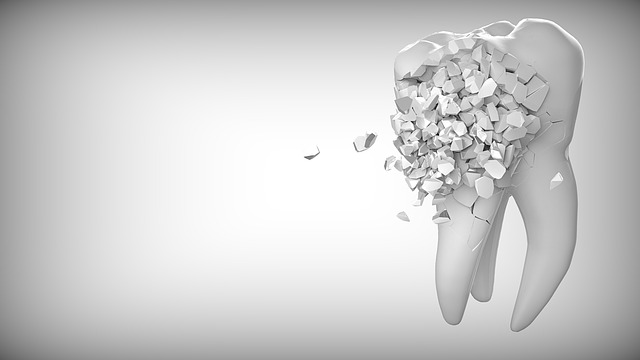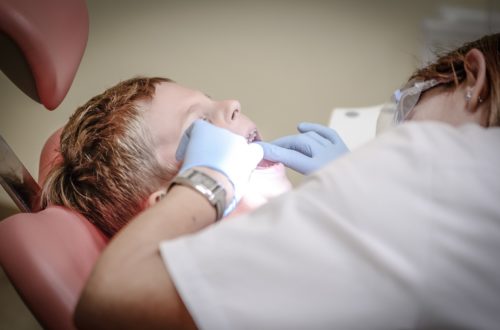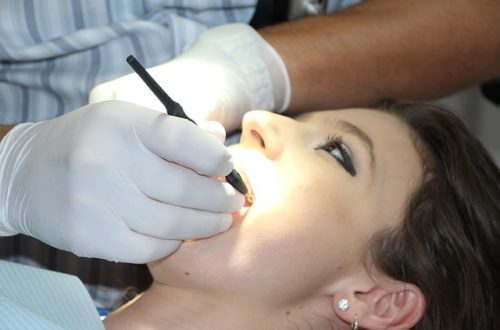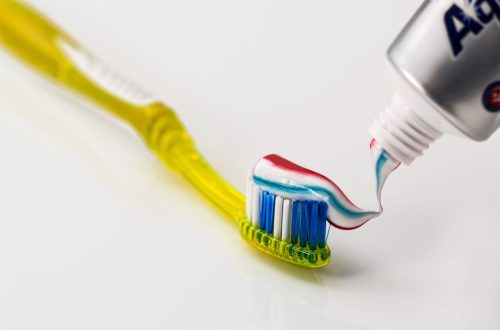Dental Diseases That Afflict Older People and Tips for Natural Oral Health Care for the Aged

The aging population must pay special attention to their teeth and overall oral health in order to maintain their natural teeth for many more years. As people get older, especially after reaching 55 years of age, the need for overall healthcare attention increases because the body becomes more susceptible to diseases and illnesses. Under no circumstances can aging individuals afford to neglect oral health. Including oral healthcare as part of routine healthcare is crucial, as in most cases, early signs of systematic diseases manifest in the mouth. By testing saliva or examining mouth lesions, doctors can detect routine diseases early and initiate proper treatment with higher chances of success. Regular visits to dental clinics ensure that you are taking adequate care of your oral health.
We only have one set of natural teeth, and without proper care, they won’t last a lifetime. Furthermore, years of neglect can lead to various dental issues such as gum diseases, tartar and plaque buildup, bad breath, and your teeth might become a significant health concern. The good news is that with the spread of oral healthcare education, coupled with advances in modern dentistry, and the availability of better oral care tools like toothbrushes, toothpaste, and interdental cleaners, a larger portion of the older population is now retaining their natural teeth for a longer period. In this article, we will discuss some common oral conditions that affect older people and provide tips for proper teeth care.
Oral Health Changes With Age
As we age, our entire body undergoes many changes, and the profile of oral health is no exception. Conditions inside the mouth may arise that didn’t exist before. While this is a natural process, it’s important to be aware of these changes so you can adapt accordingly. By consulting with a dentist, you can educate yourself about the oral health conditions you should expect at your age. Dry mouth is the most noticeable sign of aging, and you might experience tooth decay, attrition, and other oral diseases.
Dry Mouth
Dry mouth is common among older individuals due to physical changes that occur as the body ages, which can lead to a dry mouth. It can also be caused by certain medications; in fact, there are over 400 different types of medications that can cause dry mouth. Dry mouth can contribute to oral diseases because it results from a decrease in saliva production, which is important for rebuilding enamel and eliminating bacteria.
Disease
Thrush is a prevalent dental ailment that affects older individuals. It presents as an overgrowth of fungus in the mouth. The risk of oral cancer also exists, especially for individuals who haven’t taken proper care of their teeth and overall oral health.
Attrition
Teeth work hard over many years to facilitate chewing and grinding, which are crucial for proper food digestion. The stress on teeth can lead to wear and tear, which becomes more noticeable with age. As you grow older, you may find that some teeth have become loose from the gums. Wearing down of tooth enamel is common, and older individuals are at a higher risk of developing cavities.
Root Decay
When older individuals suffer from gum disease, it often results in the exposure of the roots of their teeth, accelerating the process of root decay. Root decay occurs when cavities form on the surfaces of the tooth roots.
Common Teeth Conditions for Older People
Older individuals may face some common conditions related to teeth and oral health. Being aware of these conditions can help you plan proper care to prevent their worsening. Gum disease, tooth or root decay, and sensitive teeth are the most prevalent conditions you should be familiar with.
Gum Disease
Never neglect gum disease, as it can have serious health implications if not treated properly in the early stages. While plaque on the teeth and gums may appear harmless, if left untreated, it can lead to infection of the gum tissues surrounding the teeth. Swollen and red gums are definite signs of gingivitis, which is the term for gum disease. It can also lead to bleeding gums. If an older individual suffers from gum disease, it indicates that proper oral health care was not practiced from an early age, allowing plaque to accumulate on teeth and gums for many years, ultimately leading to the disease.
Tooth or Root Decay
Tooth or root decay can occur due to gum recession and can even affect individuals above the age of 55. The condition is known by various names, such as root cavities or root caries. Typically, the root surfaces of teeth remain hidden under the gums and are not visible. However, when cavities develop, the roots become visible in the area where the tooth meets the gum. While this can be attributed to age-related changes or receding gums, improper brushing over many years is also a contributing factor.
Sensitive Teeth
Teeth can become so sensitive that they produce a sharp, unbearable tingling sensation when exposed to hot or cold water. This problem is quite common among older individuals, and worn tooth enamel is a primary cause. Enamel protects teeth from shocks, and when it wears away due to aging, teeth become hypersensitive. This can also occur with a fractured tooth, and using a hard-bristle toothbrush with excessive pressure can exacerbate tooth sensitivity. Additionally, gum recession can expose the underlying surface of the tooth, leading to sensitivity.
Why Root Decay Is Prevalent Among Senior Citizens
Tooth or root decay is more likely to occur among older individuals for several reasons. Older adults are more prone to exposed root surfaces due to aging, increasing the risk of tooth decay. As older people are often on various medications, the mouth tends to become dry due to reduced saliva production. Since saliva helps protect teeth from cavities, a lower level of saliva in the mouth makes older individuals more susceptible to cavities, ultimately increasing the risk of tooth decay. Arthritis in older individuals might hinder proper hand movement, making it difficult to brush effectively. Poor eyesight is another factor, as it can impede a close examination of tooth health to detect plaque and tartar. Overall, the ability of older individuals to care for their teeth properly diminishes, leading to tooth decay.
Dental Treatment for Tooth Sensitivity
Visit a dentist who can provide relief from tooth sensitivity and ensure your comfort. Clearly communicate your experiences and symptoms to the dentist to help them understand your condition accurately. Also, share any preferences for comfort measures, such as using warm water instead of cold. Once the dentist identifies the underlying cause of sensitivity, which can stem from various factors, it may be as simple as replacing a worn-out filling or addressing a cavity to alleviate the condition. If the exposure of the root surface is due to gum recession or gum loss, the dentist may recommend a gum graft, which should be performed by a periodontist specializing in gum treatment. The use of fluoride gel in the treatment of tooth sensitivity is effective, as it reduces painful sensations and strengthens tooth enamel.
Proper Oral Health Care at Home
Older individuals must be extra diligent in ensuring oral health care at home and should establish good habits to maintain healthy teeth.
- Since fluoride is a well-known beneficial compound for all types of teeth, begin using a toothpaste that contains fluoride. If this is not possible, at least use a fluoride rinse daily.
- Identify any medications that cause dry mouth and ask your doctor if an alternative that doesn’t affect saliva production is available. If this isn’t feasible, maintain mouth hydration by drinking plenty of water, chewing sugar-free gum, and avoid alcohol, as it can lead to dehydration.
- To prevent plaque buildup, use an antibacterial mouthwash after brushing and flossing.
- Avoid all forms of tobacco, as it increases the risk of throat and mouth cancer, as well as other serious ailments like heart disease. Chewing tobacco is especially harmful, as many formulations contain sugar and can exacerbate tooth decay.
Proper oral health care is a matter of common sense. Just as you would care for any other health condition, make it a habit to look after your mouth. This is the key to leading a healthy life in your later years.
Would you like to receive similar articles by email?





